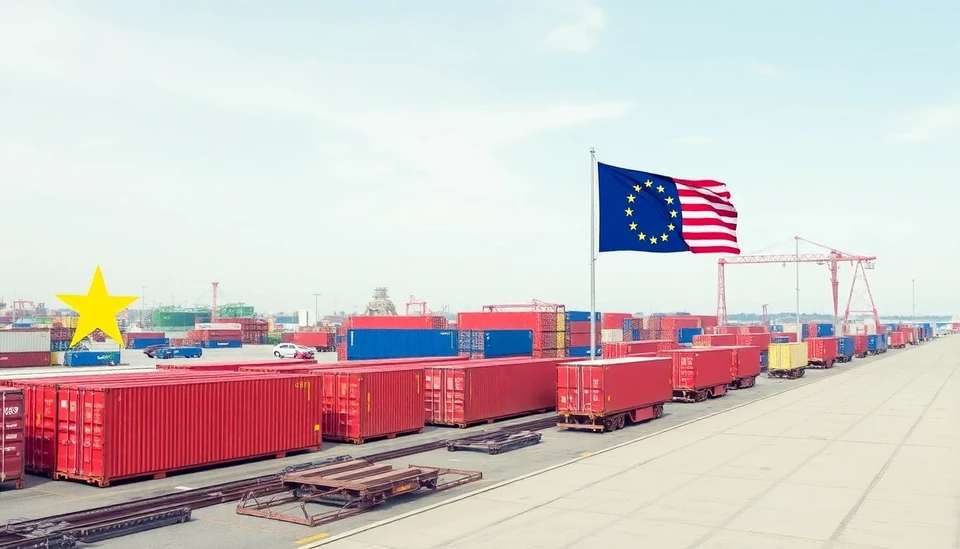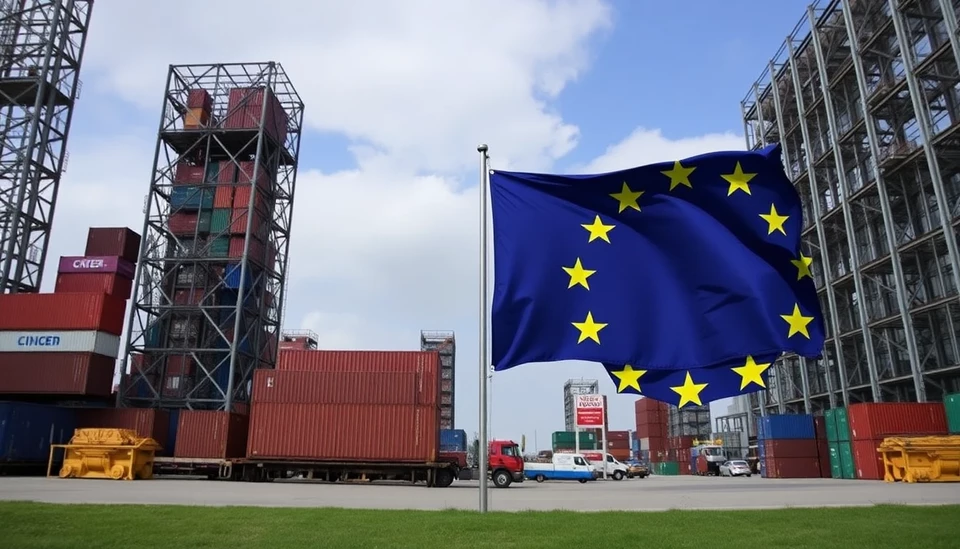
In a bold move during an escalating international trade conflict, the European Union (EU) has announced an expansion of its tariff list, specifically targeting a variety of U.S. metals. This decision comes in the wake of prolonged tensions over trade policies initiated under the previous U.S. administration, led by former President Donald Trump.
The EU's action reflects a growing frustration with U.S. import tariffs on steel and aluminum, which were originally imposed back in 2018. These tariffs, set at 25% for steel imports and 10% for aluminum, have been a point of contention, leading to retaliatory measures from the EU on several fronts. The expanded tariff list released by the EU includes an extensive range of products, aiming to balance the economic scales as member states seek to protect their domestic industries from the impacts of U.S. policy.
As global metal prices fluctuate and supply chains face unprecedented challenges, this new measure is seen as a strategic response to safeguard European markets. The EU commerce authorities have categorized several U.S.-made goods, including those in the technology and construction sectors, as prime targets in their latest tariff increase. Officials in Brussels argue that these tariffs are essential to promote fair competition and prevent market distortion caused by U.S. trade actions.
Industry analysts are closely watching how these newly imposed tariffs will affect transatlantic relations and the broader global market. The U.S. and EU have long been crucial trade partners, and escalating tariffs could threaten business operations on all sides. Moreover, the increased costs of imports for European manufacturers may lead to higher prices for consumers as the tariffs ripple through the economy.
Responses from U.S. lawmakers and trade groups have varied, with some expressing concern that the EU's retaliation could spiral into a full-blown trade war. Various businesses that rely on imported metals for production have voiced apprehensions about the potential impacts of heightened tariffs on their operations and competitiveness in the global market.
The EU is determined to maintain its stance against U.S. tariffs, viewing them as unfair trade practices. It has also indicated a willingness to engage in dialogue with the U.S. to resolve these disputes amicably. However, as negotiations seem sluggish, the EU's expansion of tariffs is a clear indication of its commitment to defending its economic interests.
As the situation develops, stakeholders from various sectors will have to prepare for an uncertain landscape, as the implications of these tariffs could extend far beyond Europe and the United States, potentially influencing international trade norms and policies for years to come.
In light of these developments, both consumers and businesses will need to stay informed about the changing trade dynamics, with a focus on future negotiations and how they may redefine economic relationships across the Atlantic.
As the EU continues to grapple with U.S. trade policies, the stakes remain high. Both regions must navigate this turbulent phase carefully to ensure that trade relations do not deteriorate further, impacting global economic stability.
#EUTariffs #USTradeDispute #GlobalTrade #SteelTariffs #AluminumTariffs #TradeRelations #Economy #BusinessNews
Author: Daniel Foster




